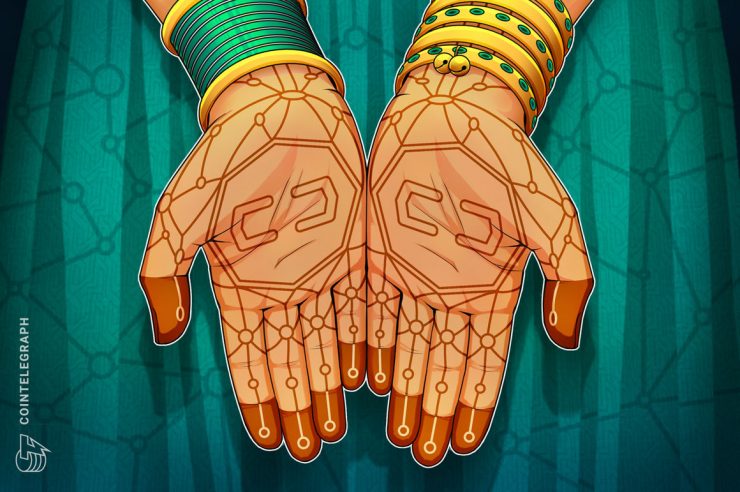Despite India’s uncertain regulatory climate regarding crypto assets, nationwide investments in digital assets have increased by roughly 19,900% over the past year.
According to data from blockchain analytics firm Chanalysis that was reported by Bloomberg on June 28, crypto investments increased during mid-2020 before going parabolic as the markets surged into new all-time highs towards the end of the fourth quarter.
Chainalysis estimates the total invested in crypto across India grew from $200 million to $40 billion over roughly the past year, with the firm estimating 15 million Indians are exposed to cryptocurrency.

The data illustrates the positive impact of the Indian Supreme Court’s March 2020 decision to overturn the Reserve Bank of India’s ban on financial institutions providing banking services to firms operating with digital assets.
However, it has not been entirely smooth sailing for India’s crypto sector since the Supreme Court repealed the RBI ban last March, with lawmakers frequently threatening new legislation prohibiting crypto assets over the past 15 months.
In spite of the persistent threats of a renewed regulatory crackdown, Sandeep Goenka, the co-founder of local exchange ZebPay, highlighted growing appetites for digital assets among Indian’s aged 18 to 35, noting a preference to invest in crypto over gold. He told Bloomberg:
“They find it far easier to invest in crypto than gold because the process is very simple. You go online, you can buy crypto, you don’t have to verify it, unlike gold.”
Related: Existing Indian law could impose 2% levy on crypto bought from offshore exchanges
32-year-old local entrepreneur, Richi Sood, is among those who have pivoted away from gold in favor of cryptocurrency. Sood has invested more than $13,000 in digital assets since December, having cashed out a portion of her position when BTC broke above $50,000 in February before reinvesting amid the recent crash.
“I’d rather put my money in crypto than gold. Crypto is more transparent than gold or property and returns are more in a short period of time,” she said.





Comments (No)